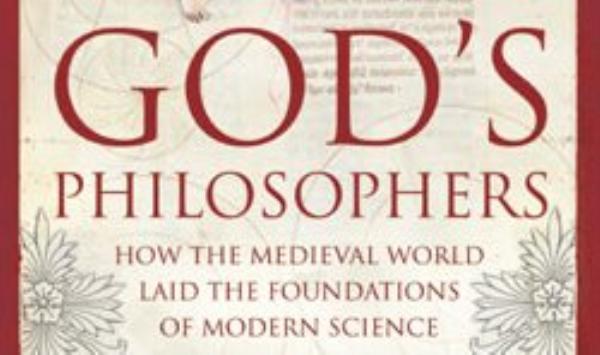A hundred years ago, the path of civilisation was deemed to be heading steadfastly upwards. The authors of the great IXth Edition of the Encyclopaedia Britannica, published between 1875 and 1889, had no doubt of the superiority of Victorian civilization over its predecessors. This was a culture that sat in judgement on the Hebrew Scriptures and the Medieval philosophers, but was incapable of allowing the scriptures or philosophers to sit in judgement on it; barbarism and superstition had nothing to teach the modern world.
After the battles of Passchendaele and Verdun, few would have disagreed with Churchill’s later verdict on the First World War: ‘All the horrors of all the ages were brought together...Torture and cannibalism were the only two expedients that the civilized, scientific, Christian states had been able to deny themselves; and these were of doubtful utility.’ After the Great War came Coventry and Dresden, the Holocaust, Hiroshima, Cambodia and Rwanda – torture and cannibalism were added to the charge list. Of course modernity has bought great benefits – ‘we are all grateful for the marvellous possibilities that it has opened up for mankind and for the progress in humanity that has been granted to us’ (Benedict XVI) – but there are negative aspects of modernity too. We have to cast off the legacy of the culture of the IXth edition, the belief in the superiority of our rationality.
This casting off involves a recognition that when we contribute to science or philosophy, politics or economics, we are only able to do so because we are building on the achievements of those that have gone before. When we correct their errors, we pave the way for others to correct ours. James Hannam has made an immensely valuable contribution to appreciating this process. God’s Philosophers has been criticised for reading like a textbook – but a textbook is exactly what is needed, both for those now studying and for those who have to unlearn what we were taught in textbooks written under the shadow of the IXth Edition.
God’s Philosophers tells the story of philosophy, theology and what we now call science from the Fall of Rome to the death of Galileo (although Hannam points out that the word ‘scientist’ was not used until 1833). It covers a huge number of developments over six centuries and maintains a balance throughout. This is an account illuminated by character sketches and incidents such as the sad end of Pope John XXI: a distinguished philosopher, he had a special study built in the papal palace so that he could carry on his work undisturbed – the roof fell in on him.
James Hannam has the courage to take a clear and unequivocal position on contested issues. Scholars will disagree of course on some of his account, but the story and the characters should stimulate readers to further study and to come to grips with these disputes. Who would not want to learn more of Siger of Brabant, a philosopher whose first appearance in the records was over an attempt to kidnap a rival, and who, after various brushes with episcopal authority and disputes with Aquinas, was murdered by his secretary and then placed in Paradise by Dante?
For those encouraged to go further, Hannam provides a helpful timeline, comprehensive notes and a bibliography (which would be even more useful if webpages were cited for texts available online), and a list of key characters. This book should be on the shelves of every school and university library. Any godparent looking for a suitable present for a sixth former who already has Nicholas King’s translation of the New Testament need look no further. The final paragraph of the book reads: ‘life in the Middle Ages was often short and violent...It would be wrong to romanticise the period and we should be very grateful that we do not have to live in it. But the hard life that people had to bear only makes their progress in science and many other fields all the more impressive. We should not write them off as superstitious primitives. They deserve our gratitude.’ The text more than makes the case for this conclusion.
Joe Egerton






